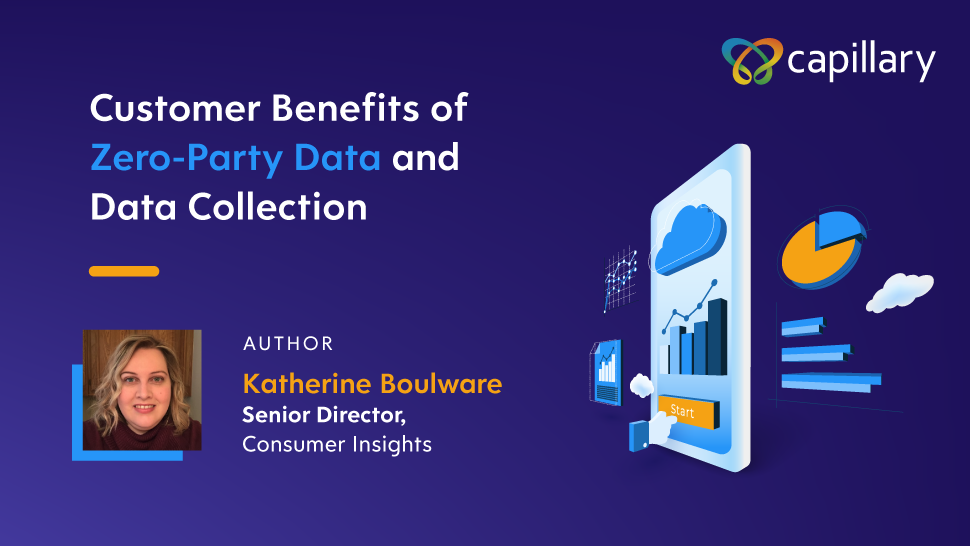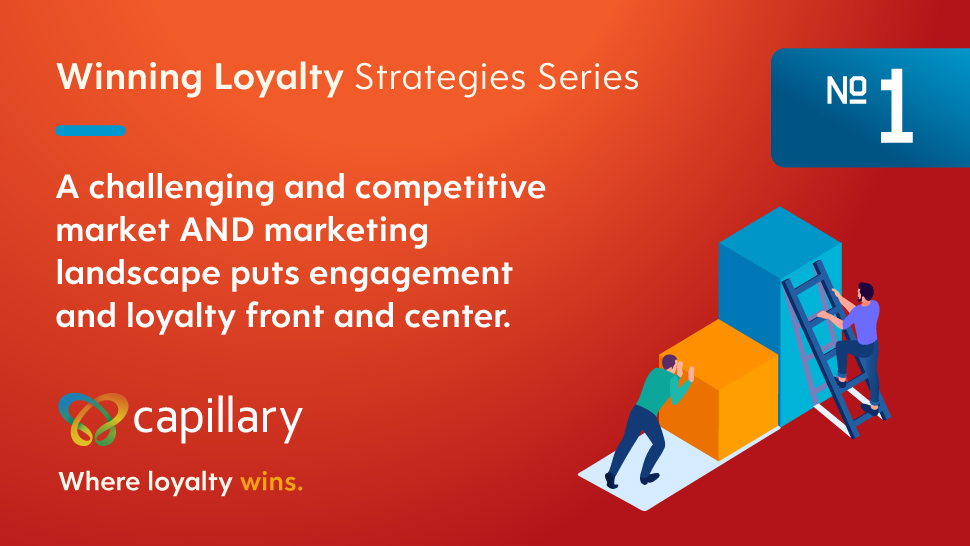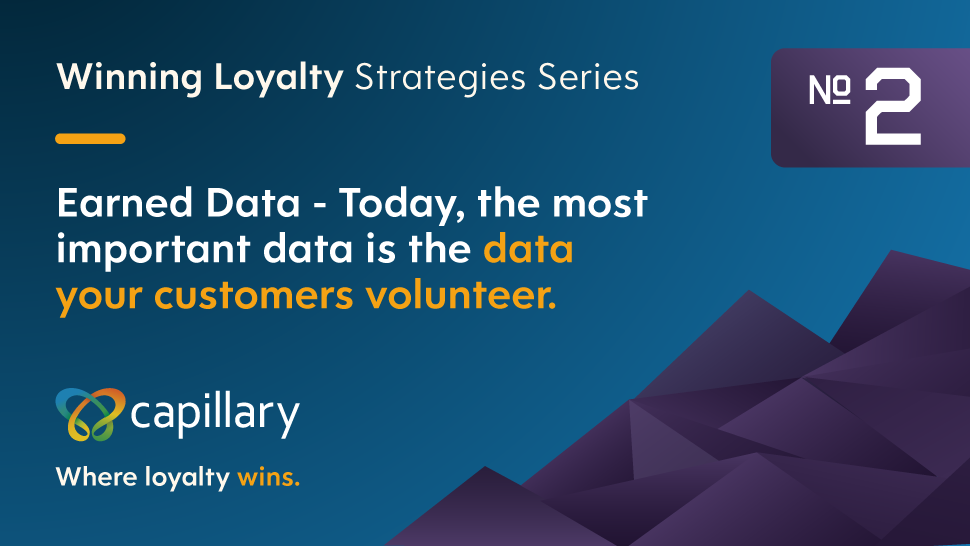- Design industry shaping loyalty programs
- Integrate easily and go live quicker
- Deliver hyper-personalized consumer experiences
Blue Rewards from Al Futtaim Group Shares Loyalty Success Stories and Evolution. Watch Podcast >
Capillary Announces 2nd Annual Captivate 2025 Summit: Transforming Loyalty Management with New AI Tech Read more >

Zero-party data is the future of marketing. And believe it or not, data collection benefits both consumers and brands! Data collection has to be balanced by the importance of data security and customers’ value of their privacy.
Providing your phone number at checkout. Accepting cookies on websites. Paying with a credit or debit card. All of these actions enable companies to track your behavior — but that’s not necessarily a bad thing!
We know that companies can benefit from collecting data about their customers. What isn’t always clear is how customers can benefit from companies having their data. What value do customers gain?
Generally, customers benefit from data collection through increased personal relevance of communications.
We all receive many emails each day. How many are dismissed as irrelevant and not worth opening — deleted as soon as the subject line is read?
Companies want to cut through the clutter of their customers’ inboxes so that their customers receive their messages. The best way to do that is to send messages that customers perceive as personalized and relevant, but also letting the customer know you share the value they place on their privacy.
When companies know more about a customer, they can personalize content within their communications to make the message more meaningful to the customer.
Examples of personalized content include:
Customers benefit from these more personalized messages, made possible by brands leveraging zero-party data.
Customers do not have many tools in their arsenal to help increase the relevance of the messages they receive. Usually, the most powerful is a customer’s ability to opt out of communications.
Sometimes customers opt out of communications, which happens naturally and not because the company did anything wrong. After all, customers’ needs change over time.
But the most common reason that customers opt out of receiving communication is that the benefit of receiving the communication no longer outweighs the inbox space it occupies. That indicates those communications were irrelevant to the customer it was sent to.
Though companies recognize this as an undesired outcome, the consumer loses out, too. Presumably, the customer wanted to receive communications since they opted in originally. If the customer doesn’t perceive value in the communications they receive, they lose an opportunity to engage with a brand that interests them.
Data security will always be important to companies and customers alike. Transparency about the benefits of data collection is key for both companies and customers participating in the process.
To keep their customers’ trust and cultivate emotional loyalty, brands should also prioritize being more transparent with consumers about what data they collect and why.
Zero-party data (ZPD) is now a key element of digital marketing, and it benefits both brands and consumers. Transparency of how data is collected, used, and stored will also benefit brands and consumers.
To learn more about increasing your loyalty profitability with zero-party data and transparent data collection through your loyalty solution and how to use it effectively, contact our team today!

January 5, 2018 | 4 Min Read
Keeping your customers happy and transforming them into bran

August 15, 2023 | 4 Min Read
To help navigate these rapid changes, we have identified fou

August 22, 2023 | 4 Min Read
To replace the retargeting data lost to the demise of third-